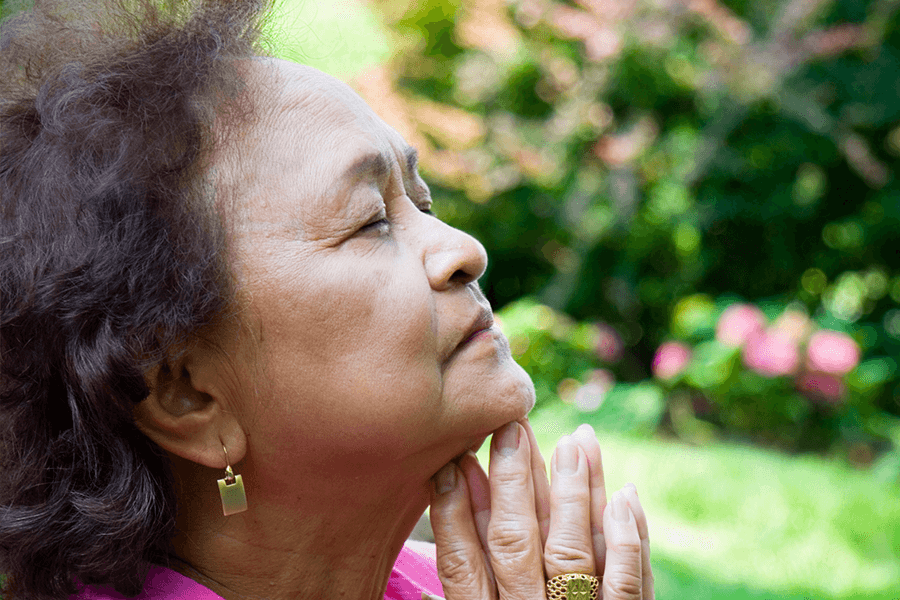We are our own experts in our grief. In being able to talk about our experiences, feel our emotions and share without judgement we learn from each other.
What people in grief teach us:
- We are not born knowing how to grieve. We learn from sharing our experiences and what we have been modelled.
- Human beings are wired for grief. We learn through experience how to tend our grief
- Theories that explain grief as a series of steps or processes do not always match everyone’s experiences. Our experiences of grief are as unique as our fingerprint
- There is not a one size fits all response to grief
- Theories that explain grief as a series of steps, tasks or processes are ways of framing the many diverse experiences, but are not always helpful for everyone.
- Theories that explain grief as a series of steps or processes are outdated and not true for everyone.
- We don’t “get over”/ “move on”/”have closure” in our grief – we integrate it into our own unique stories.
- By re-learning and re-building our lives we can grow. This does not mean that we have stopped caring or remembering the person, relationship, situation we have lost.
- Memories are precious and our relationship to those who have died, has changed, not ended. We will seek out places, spaces, times and rituals where we continue the bonds.
- We move (oscillate) between loss and restoring our lives. At times, we feel grief acutely and at other times we will be deeply involved in rebuilding life.
Dual Process Model applied to all loss types

Adapted from: Dual Process Model of Grief, Stroebe and Schut, 1999
- Grief is not just emotional. It is experienced physically, mentally, socially and spiritually.
- Grief shatters the way we understand our world and we can question our most basic assumptions, including our faith ie. questioning the existence/goodness of God is a human response to grief.
- Human beings are social and made to be in relationship with one another. Seeking out support does not mean we are “failing” at our grief. We grieve in community and connection helps. Our grief experiences were meant to be shared and carried.
(Adapted from “Growing Grief & Trauma-Informed Care” – Grief Care, Catholic Cemeteries & Crematoria)
By listening to the experiences of others we become less focussed on grief as a problem to be solved but as a mystery to be lived.
There are also many other resources out there to which you might turn for support. You can find them here – Grief Care.

